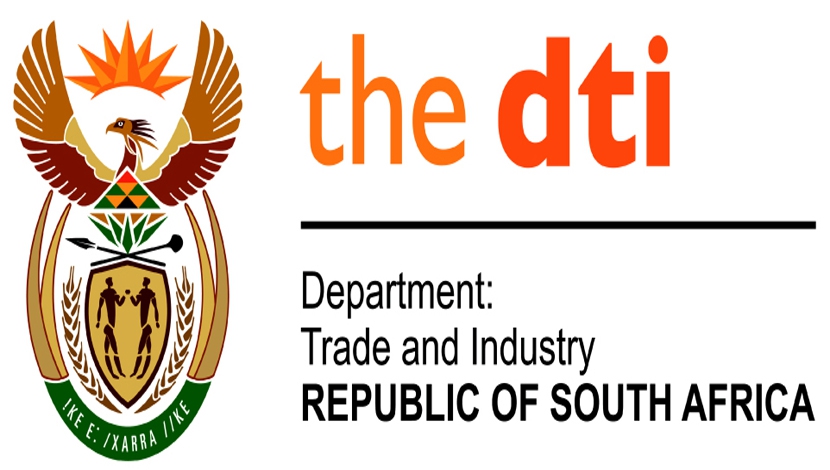

The Department of Trade and Industry (DTI) reports that the number of Black Industrialist Scheme (BIS) beneficiaries has increased to 62 and that the incentive is well on its way to meeting its target of supporting 100 black industrialists by the end of the current fiscal year.
Trade and Industry Minister Dr Rob Davies also honoured an earlier commitment to release the names of all recipients of government incentives, including those receiving non-refundable government grants under the BIS. The document was released in Parliament on Tuesday, together with the DTI’s own annual report.
The BIS was launched in 2016 and is funded through a R3.6-billion on-budget allocation to the department. However, it is also backed by separate loan finance made available through development finance institutions, with the Industrial Development Corporation having set aside R20-billion to support black industrialists.
During the year to March 31, 2017, a total of 36 BIS projects were approved, which Davies said allowing the beneficiaries to undertake investment projects of R3.1-billion. The department estimated that the funding helped to create 3 979 jobs and retain 3 837 jobs.
“The level of interest and quality of applications received thus far is testament to the unbowed entrepreneurial spirit of our people and confirms our belief that black entrepreneurs, when adequately resourced, are a critical route to the transformation of the economy,” Davies added.
The Minister gave no indication as to whether the BIS would be retained beyond 2017/18, saying only that, owing to fiscal limitations, it was unlikely that the DTI would be able to materially expand the incentives on offer. Details of what would be available for industrial incentives would be released in the February Budget.
Davies said the DTI would, however, be giving attention to raising returns from some of its other instruments, including the designation of products for local procurement by government departments and State-owned companies.
A task team had been established to assess how to improve local-content enforcement in line with product designations outlined by the DTI and instruction notes issued by the National Treasury.





